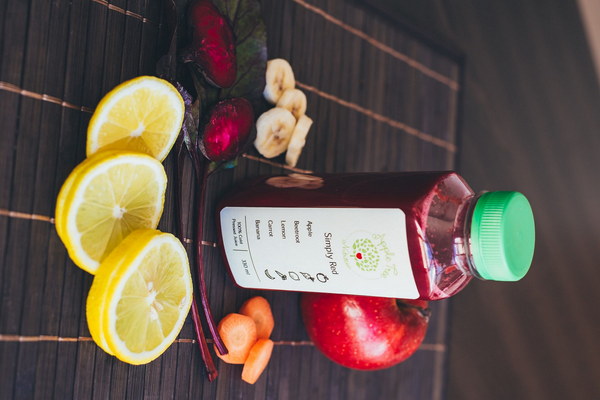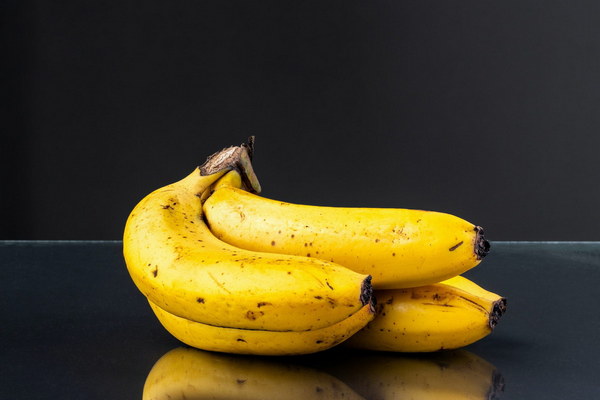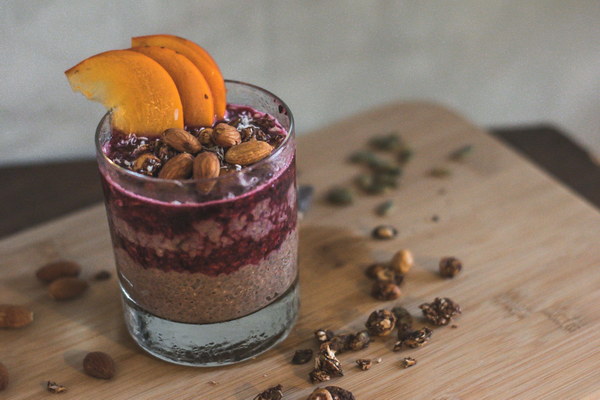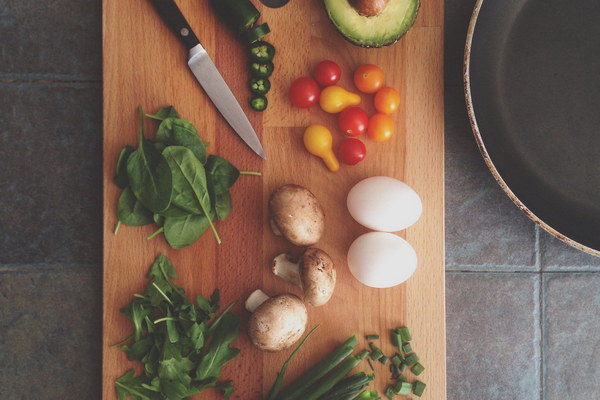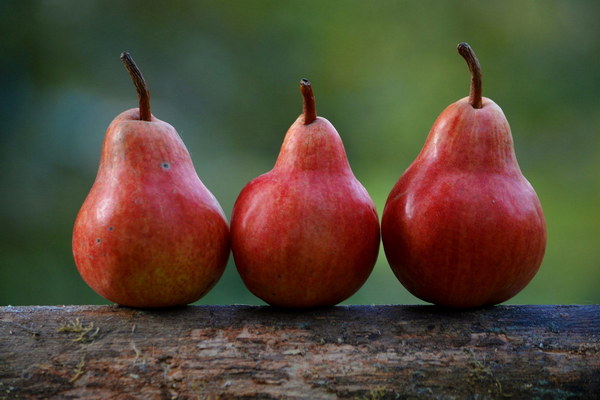Is Rice Really a Remedy for Dampness Unveiling the Truth About Traditional Remedies
In many cultures, rice is a staple food that plays a crucial role in our daily diet. However, some people believe that consuming rice can lead to dampness in the body, causing various health issues. But is this belief rooted in fact or folklore? Let's delve into the topic and explore whether rice is truly a remedy for dampness.
Understanding Dampness in Traditional Medicine
The concept of dampness, known as Shi in Chinese medicine, refers to an imbalance in the body's fluids, which can manifest as various symptoms like fatigue, joint pain, and digestive issues. According to traditional medicine, dampness is caused by an excess of moisture in the body, which can be triggered by factors like excessive consumption of cold, damp foods, or living in a humid environment.
The Role of Rice in Traditional Remedies
In traditional Chinese medicine, rice is often recommended as a remedy for dampness. It is believed that rice has a warming effect on the body and can help to expel dampness. The reasoning behind this belief is that rice is a neutral food with a mild, soothing property that can help to balance the body's fluids.
Scientific Perspective on Rice and Dampness
While traditional medicine suggests that rice can help alleviate dampness, modern scientific research offers a different perspective. Rice, like many other foods, contains carbohydrates that are broken down into glucose during digestion. This process provides energy to the body but does not directly address dampness in the traditional sense.
Moreover, studies have shown that the consumption of rice can vary in terms of its impact on dampness. For instance, white rice, which is more processed, may have a more dampening effect on the body, while brown rice, which is less processed and contains more fiber, may be less likely to contribute to dampness.
Practical Tips for Managing Dampness
If you are concerned about dampness in your body, here are some practical tips to help you manage it:
1. Reduce the intake of cold, damp foods, such as ice cream, cold beverages, and raw vegetables.

2. Opt for cooked, warm foods that are easier to digest and can help to balance your body's fluids.
3. Include more warming foods in your diet, such as ginger, garlic, and black pepper.
4. Exercise regularly to improve circulation and promote the elimination of toxins from your body.
5. Ensure you get enough rest and manage stress, as both can contribute to the accumulation of dampness in the body.
Conclusion
While rice is not a direct remedy for dampness, its consumption in moderation can be a part of a balanced diet that supports overall health. It is important to consider the source of rice and its processing, as well as the overall balance of your diet, when addressing dampness in the body. Remember that traditional remedies should be complemented with modern medical advice and treatment when necessary.
